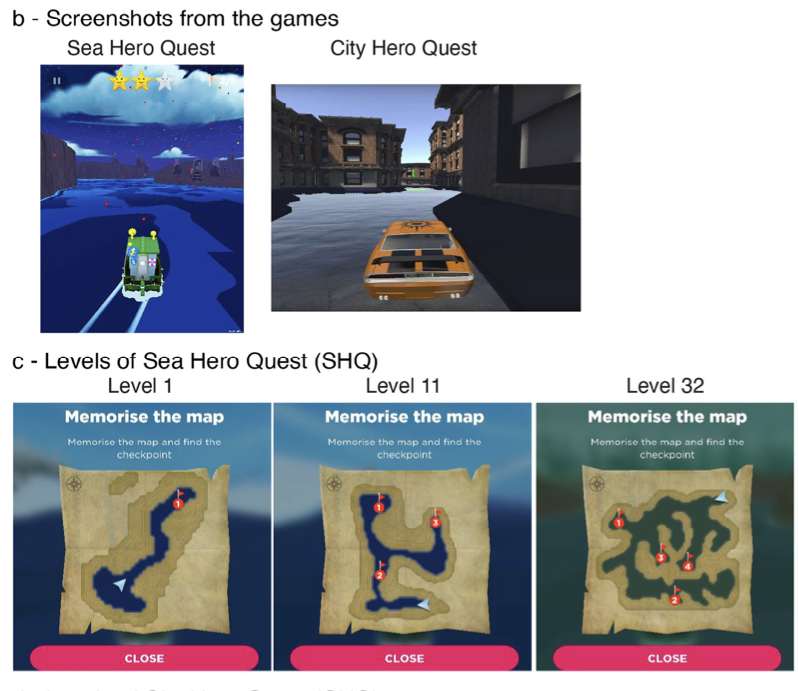Urban-rural divide: Are city slickers or countryfolk better at navigation?

- People who spent their formative years in rural areas tend to be superior navigators, according to a new study.
- The countryside’s unorganized, complex environment may provide more of a challenge to young, developing brains compared to gridded cities.
- The research “highlights the importance of urban design in human cognition and brain function,” the researchers conclude.
A large study involving 397,162 people from 38 countries pitted people who grew up in cities against those who grew up in rural areas in a test of navigation abilities. An international team of scientists from various European academic institutions spearheaded the research, which was recently published in the eminent journal Nature.
There was a clear winner: People who spent their formative years in rural areas were superior navigators, according to the study.
Navigation hero
Lead authors Antoine Coutrot of the University of Lyon and Hugo Spiers of University College London utilized the mobile video game Sea Hero Quest to discern the finding. In the game, players were shown checkpoints to visit on a map. The map then disappeared, and the participants had to navigate a boat through a virtual environment to find the different checkpoints in a specified order. They were encouraged to complete the levels as fast as possible. Those who completed the levels more quickly and efficiently were judged to be better at navigation.
Sea Hero Quest was initially created for Alzheimer’s research, and over 4.3 million gamers have now cumulatively spent 117 years playing it. Prior research has found that performance in Sea Hero Quest predicts one’s navigation ability in the real world.

The urban-rural divide
For their study, Coutrot and Spiers focused on 397,162 people who had completed a minimum of eleven levels in the game and had provided necessary demographic information. “We found that, on average, people who reported having grown up in cities had worse navigation skills than those who reported growing up outside cities, even when controlling for age, gender, and level of education,” they reported.
Furthermore, they found that people who grew up in more ordered, grid-like cities such as Chicago or New York fared better at levels with a more regular layout, but worse overall. People who grew up in more “organic” cities like London or Prague navigated more efficiently through levels with a more chaotic design, and they were slightly closer in overall ability to that of rural dwellers.
“These results support the idea that humans develop navigation strategies that are aligned with the type of environment they are exposed to, which become suboptimal in other environments,” the researchers wrote.
Based on the data, the researchers theorized that a lack of complexity in city street networks dampens navigation abilities.
“It appears that having to accommodate turns that deviate from 90° and having to navigate more streets and neighborhoods are key to enhancing navigation skill,” they wrote. “The countryside is a rather complex environment in that it is very unorganized, with greater distances, meaning you have to memorize your route,” Coutrot added in a statement.
In a second experiment, the researchers created another game, City Hero Quest, which replaced a boat with a car and mountains with buildings to determine if a more familiar, city-like setting would enhance urbanites’ navigation abilities. City dwellers did indeed perform better in this version, but still not as well as people from rural areas. Moreover, this second experiment provided evidence that one’s childhood environment, not their current one, predicts navigation ability.
The study “highlights the importance of urban design in human cognition and brain function,” the researchers wrote. Intuitive and simple city street design is nice, but apparently stunts our spatial awareness.





